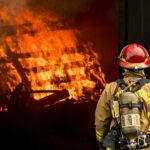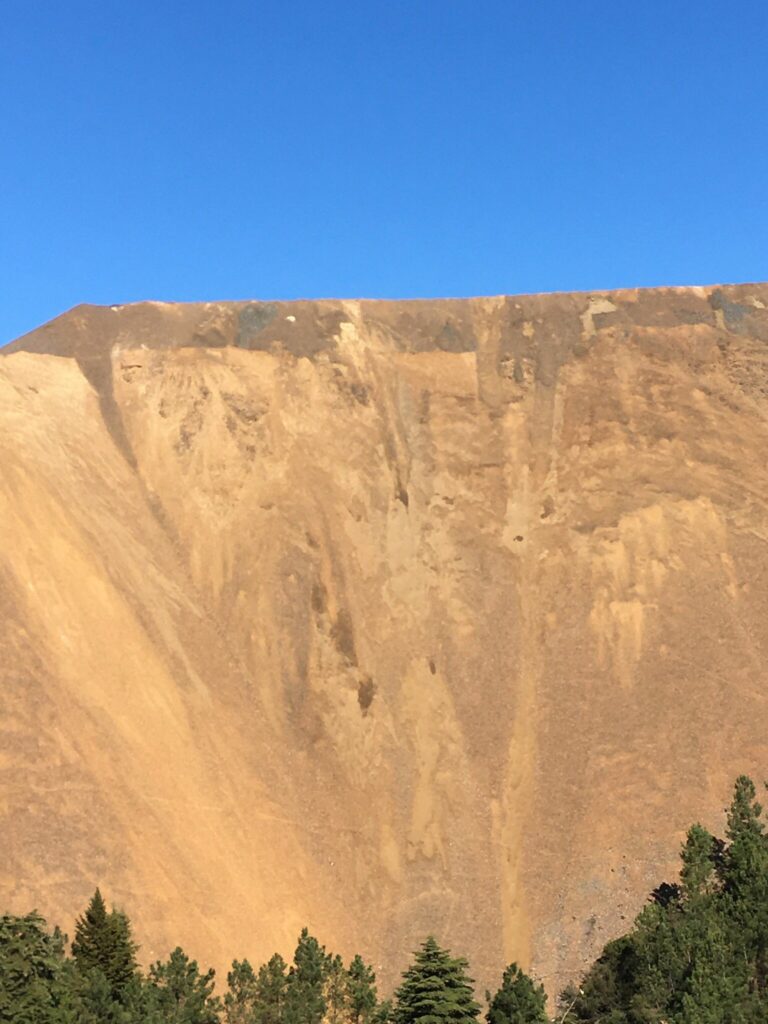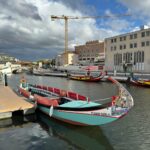
University of Coimbra project aims to make buildings safer and more fire-resistant
One of the aims of the University of Coimbra’s project is to create a “Refuge House”, an infrastructure with a forest fire risk so low
We didn't find any happenings mapped to your criteria.
Try the traditional search to find articles not yet mapped with RUA.
We didn't find any happenings mapped to your criteria.
Try the traditional search to find articles not yet mapped with RUA.
We didn't find any happenings mapped to your criteria.
Try the traditional search to find articles not yet mapped with RUA.
We didn't find any happenings mapped to your criteria.
Try the traditional search to find articles not yet mapped with RUA.
ARS is a research structure based in Fundão. Get to know this special place.
Based in Fundão, in the district of Castelo Branco, ARS is a multidisciplinary organization focused on bringing scientists, artists, and all those willing to accept the challenge of thinking and acting on the ecological emergency to the table. Peggada spoke with Carlos Fernandes, general director, to learn more about the association’s goals, and how we can all be part of this project. Here is a summary of what most distinguishes this project, so that we can all get to know it better.
ARS unites Art and Science and invites people from different fields – mainly artists, scientists, and visitors – to Fundão to debate and act on an ecological emergency that concerns us all, favoring a dialogue between different thought structures and languages. That said, the invitation holds a second level of depth. The guests (with the most diverse backgrounds) are called upon to deal with the environmental crisis by working together, uniting their respective skills. “It is essential to see and deal with the complexity of the world at all its levels. Simplification obscures,” considers Carlos. This is why the official prefers to use the term “ecological emergency” rather than “climate crisis”, as he believes it better reflects the various nuances of the crisis, and not just the climate issue.
ARS’ headquarters is in Fundão, and its geographical context is something that marks the action it develops. “Always the territorial dimension, always the involvement with the landscape,” says Carlos. For him, this is the perfect context to understand the multiple relationships between the individual and nature, be it untouched nature or the most polluted and grotesque spaces.
ARS intends to respond to the proximity it has with the Panasqueira Mines
and with the mountain of toxic waste that resulted from this mining operation. It is also committed to responding to other characteristics of the region such as the isolation of certain populations and the destruction of ecosystems. The valorization of local populations and rural traditions, the invitation to decentralization, and the denunciation of the effect that the Panasqueira Mines had on local populations and landscapes are some of the ways this structure relates to its surroundings. This geographical position is in itself an invitation to all those who wish to explore a form of civic participation in the realm of ecological activism that is not limited only to the urban or digital spheres.

In order to be able to cover all the fronts that are proposed, the structure is subdivided into several thematic lines – or Laboratories – that serve as research beacons for scientists, artists, and visitors. There are 16 Laboratories created to think about different aspects of the relationship between human beings and the natural system, and all of them deserve a moment to be highlighted. However, our conversation ended up focusing mainly on the “Mountain Dwellers” Laboratory which invites all those who are part of it to think about rural and pastoral life, the social and cultural isolation of several communities, and the fragility of these same communities to climate change and to the most diverse forms of pollution. In essence, it works on one of the fundamental points of the climate crisis: dialogue and solidarity between generations.
It only remains to figure out how you can accept this invitation and be part of this project. Based on the idea that “heritage can be a museum, a mountain, a landscape”, as Carlos Fernandes reminds us, ARS has a series of free artistic and scientific programs throughout the year.
Besides this part, when exploring the project’s website, you will find segments such as “Artistic and Scientific Creation and Research” and “Learning and Social Innovation”, two of the ways you can get closer to this project. By integrating the Apprenticeship strand you can participate in advanced courses and graduate degrees. The Research strand encourages research projects, seminars, and symposia, while the Experience strand involves the creation of theoretical and practical development projects. Finally, there are a number of public presentations, conferences, seminars, open workshops, exhibitions and performances that you can explore.


One of the aims of the University of Coimbra’s project is to create a “Refuge House”, an infrastructure with a forest fire risk so low

Leiria has launched the “Mobis.Leiria” application and website, which provides up-to-the-minute information on various sectors of mobility in the city, from parking to buses and

The transition from the current moliceiros (typical Portuguese boats) to the electric version covers the 27 boats currently operating in the Ria de Aveiro and

This article addresses an action that promotes the adoption of urgent measures to fight climate change and its impacts. SDG 13 also aims to improve education on climate change mitigation and impact reduction.
 To discover businesses that are actively working to contribute to this Sustainable Development Goal, click here.
To discover businesses that are actively working to contribute to this Sustainable Development Goal, click here. To read news, interviews or tips related to this Goal, click here.
To read news, interviews or tips related to this Goal, click here.Esta publicação também está disponível em:
![]() Português (Portuguese (Portugal))
Português (Portuguese (Portugal))

